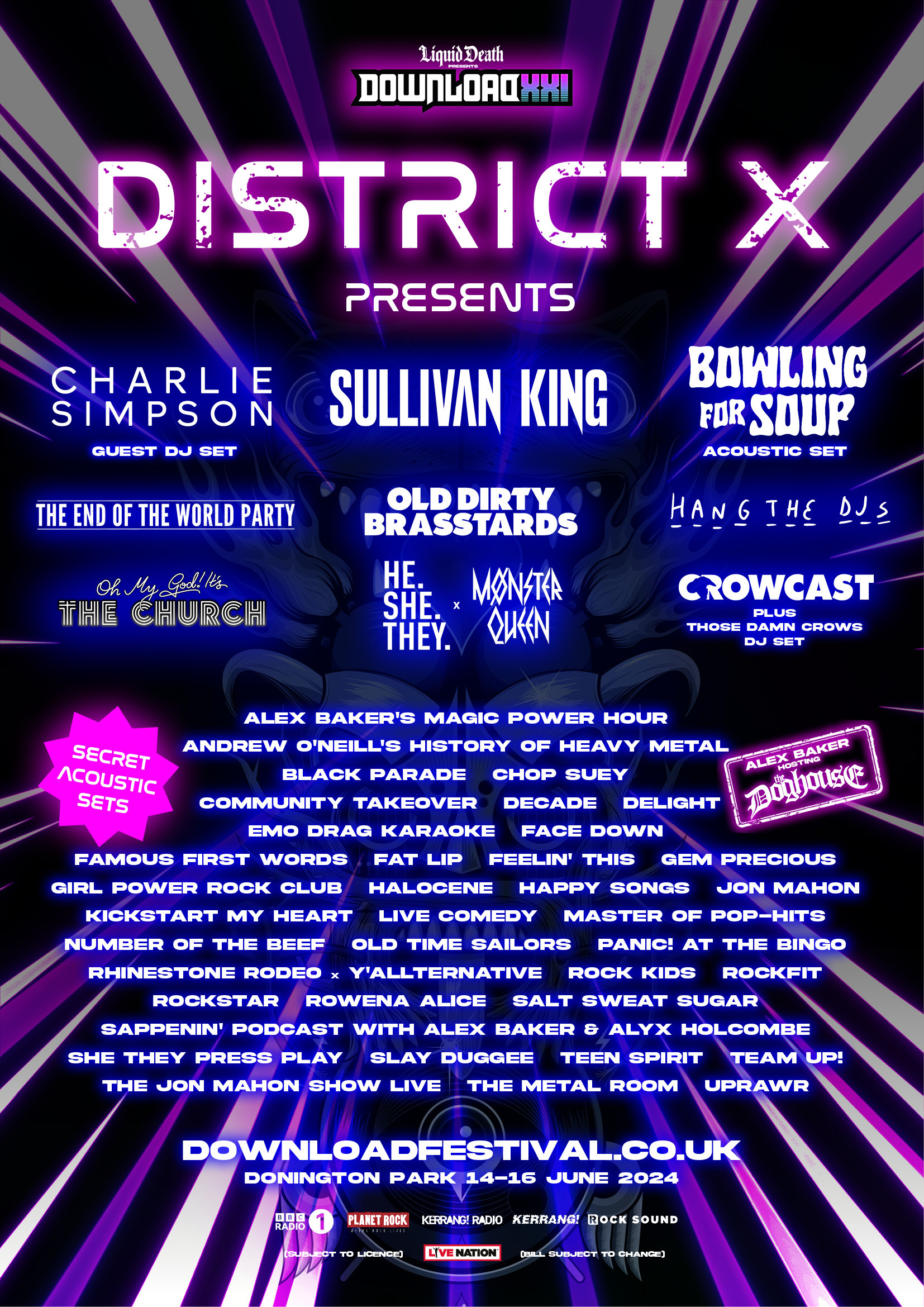Formed in 2005, Emigrate is the brainchild of Rammstein’s Richard Z. Kruspe and it operates in similar sonic territory to that band, albeit with a more gothic sensibility amidst the hulking riffs and with lyrics sung predominantly in English. The debut album, released in 2007, always felt a touch lacking and it’s hard to put the finger on exactly why, whilst the second album, silent so long, (which came positively loaded with guest appearances), consolidated the band’s approach without expanding upon it. However, here on the third outing, Richard and his band seem much more comfortable in their own skins, taking full advantage of the studio to produce a huge, glossy, hook-laden beast of a record.
Opening with the Gary Numan-meets-Rammstein stomp of War, A million Degrees gets off to a blistering start. With layers of guitar stacked up against simple, yet effective synth lines, the production is darkly beautiful, the quality of the song-writing nicely evolved from the 2007 version of the band. Boasting an engaging hook that will worm its way into your consciousness for weeks, war is pretty much exactly what Emigrate always promised and it delivers in spades. Next up, the metallic thunder of the Depeche Mode-esque 1234 (featuring Billy Talent’s Benjamin Kowalewicz on vocals) is an arena-killing anthem that benefits from Richard’s subtle layering of slithery lead over his customary sledge-hammer riffs. The title track sees the synths dominate as Richard heads down a path first trod by Trent Reznor and Rob Halford on the massively underrated Two album, the sinister vocals and pulsing bass giving way to a chorus that is pure, unadulterated pop. Speaking of which, Lead you on (featuring Margaux Bossieux) is a dance-floor filler with gothic undertones and harmonies to die for, the result recalling Sisters of Mercy with better production. Richard escalates things even further on you are so beautiful, a track built around a simple refrain and industrial strength rhythms. Despite the modern production tropes, the music harks back to the early 90s and it’s easy to imagine the track playing over a high-school comedy like American Pie, the echoing guitars straight out of the U2 playbook whilst the earworm chorus ramps up the harmonies to radio-badgering proportions. It is here, arguably, that the album falters – its attempt to appeal to a broad audience resulting in the loss of the atmosphere built up on the opening numbers. In contrast the Marilyn-Manson-does-Depeche-Mode stomp of hide and seek does much to appeal to those in search of heavier fare, although Richard can’t resist unleashing another chorus that has addictive properties not dissimilar to crack.
With the album having planted both feet firmly in commercial territory, We are together is an unexpectedly reflective piece built around a music-box melody. An album highlight that is all the more effective for being a rare moment of understatement, even when it explodes (as it inevitably must), it does so in an unexpected way – as if Judas Priest’s United had been fed through an industrial blender. Next up is, perhaps, the album’s most talked-about collaboration, as Richard’s Rammstein bandmate Til drops in to lend a hand on let’s go. Arguably the album’s highlight, it draws on the electro movement of the eighties with the Human League emerging as a primary influence – an influence that continues neatly into the minor-key darkwave of I’m not afraid, a track perfectly suited to Richard’s vocal approach. A short, sharp shock right as the album is coming to its end, Spitfire pretty much sums up the album in two and a half minutes – tough guitars, hard-driving bass and memorable melodies all vying for attention in one perfectly-produced package. The album ends with the down-tempo eyes fade away, another track that benefits greatly from taking a more understated approach reminiscent of Paradise Lost’s Host album, although the guitars, when they do appear, retain the industrial approach that is common across the record.
Emigrate’s third album has been touted by Richard as a reboot rather than a revolution with regards the band’s sound and that makes sense. All the elements that will be familiar to listeners from the first two albums are retained, but with a greater focus on pop-melodies and super-polished production. Less gritty than the day job, the focus here is on getting bodies on the dancefloor and, to that end, it is a success. There are times, however, when the gloss threatens to overshadow any sense of nuance, and tracks like you are so beautiful are prime offenders. As such, A million Degrees is at its best when the songs are allowed to breathe and the album as a whole is impressive without being essential. 7











Leave a Reply